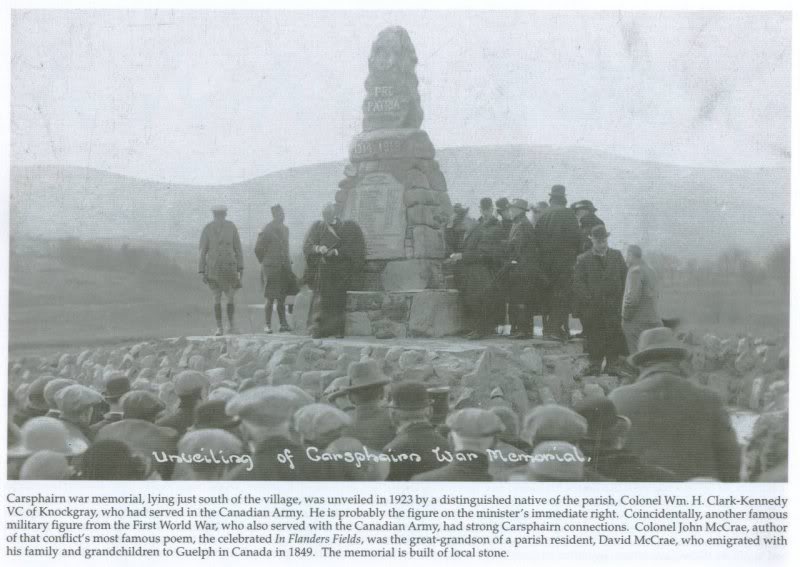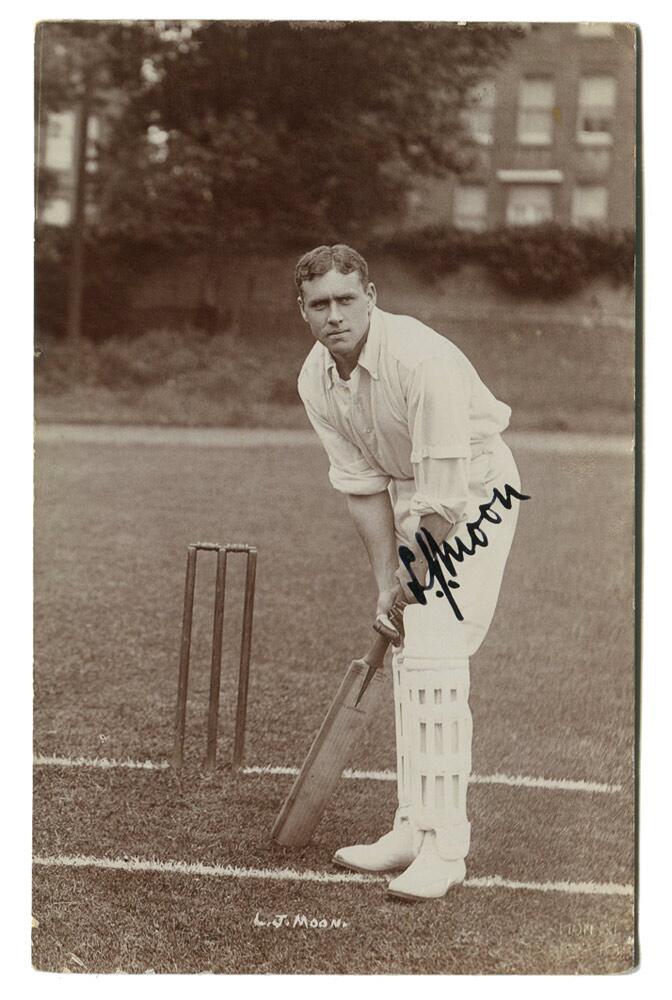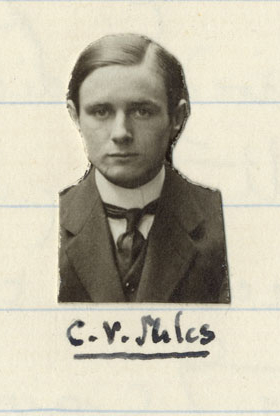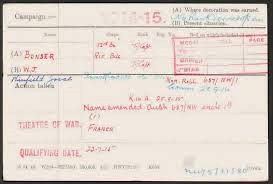Alexander Kenelm Clark-Kennedy
Alexander was born on the 18th December 1883 to Captain Alexander William Maxwell Clark Kennedy, of Knockgray, Galloway, and Hon. Lettice Lucy Hewitt, third daughter of James, 4th Viscount Lifford.
His two elder brothers William Hew and Leopold James Clark-Kennedy had both already been at the school, by the time Alexander arrived in September 1898. Whilst at the school, he represented Ashburnham at Football. According to The Elizabethan, he was the best of “a poor lot” in the Ashburnham Football team in November 1893. He left in July 1902, the same year his younger brother Archibald Douglas Hewitt arrived at the school, and went on to Trinity College, Cambridge obtaining his BA in 1905.
He became one of H.M. Inspectors of Factories on the 31st of July 1906, but enlisted as 2nd Lieutenant with the Galloway Rifles (later known as the 5th Battalion of the King’s Own Scottish Borderers) the following October. He was promoted to Lieutenant in August 1907.
Alexander acted as secretary to the Employment of Children Act 1909. By January 1912, he was 1st division clerk in the Home Office, but was reappointed an Inspector of Factories 13th August 1912. He also undertook the role of honorary secretary of the Elizabethan club for a year.
Following the outbreak of war, Alexander re-joined the Scottish Borderers with the rank of Captain. He set out with them for Gallipoli in May 1915, but had to be invalided home in October. He was well enough to join his battalion in Egypt in April 1916.
He was killed in action near Gaza, Palestine, on 19th April 1917, and is memorialised on the Carsphairn war memorial, which was unveiled in 1923 by his elder brother William.



